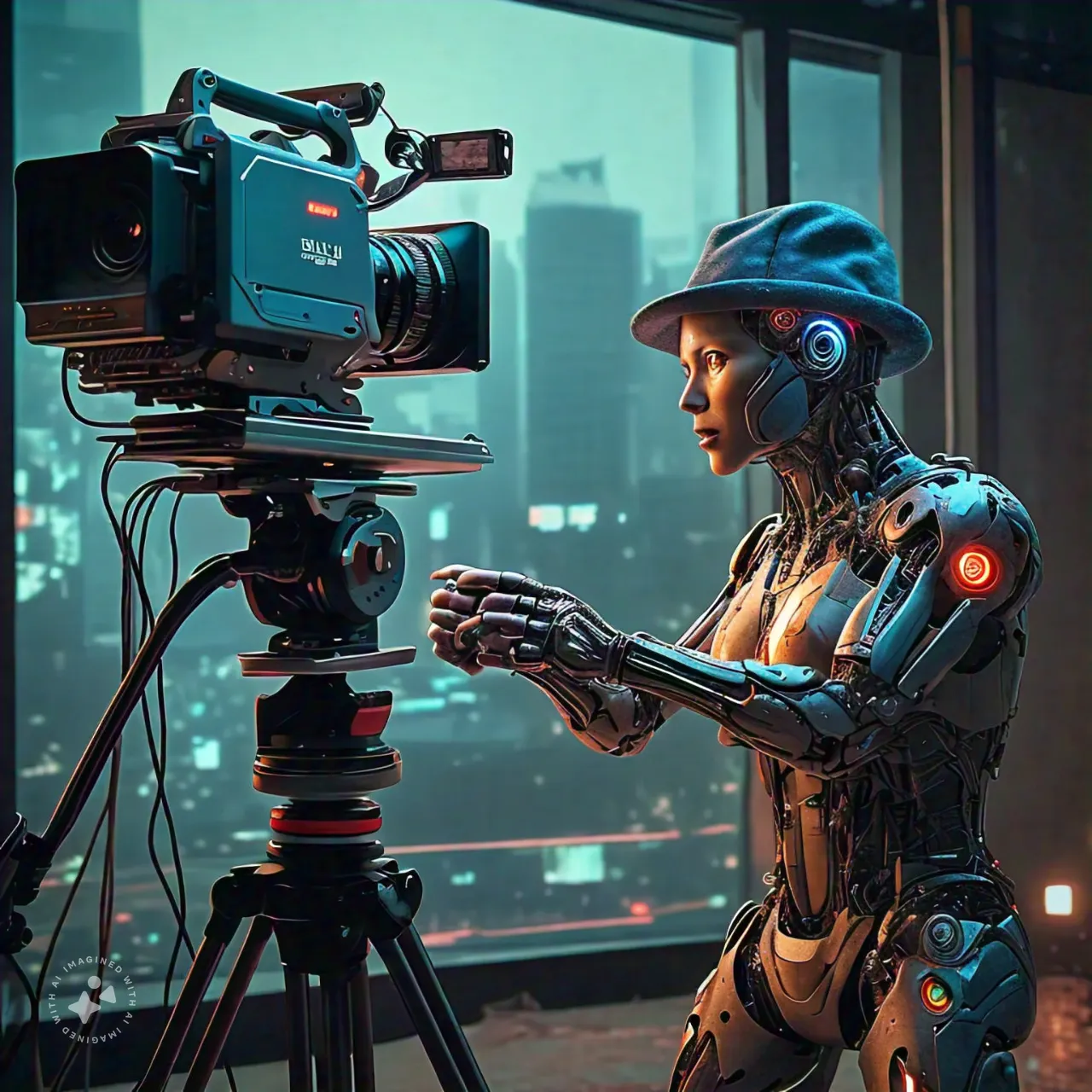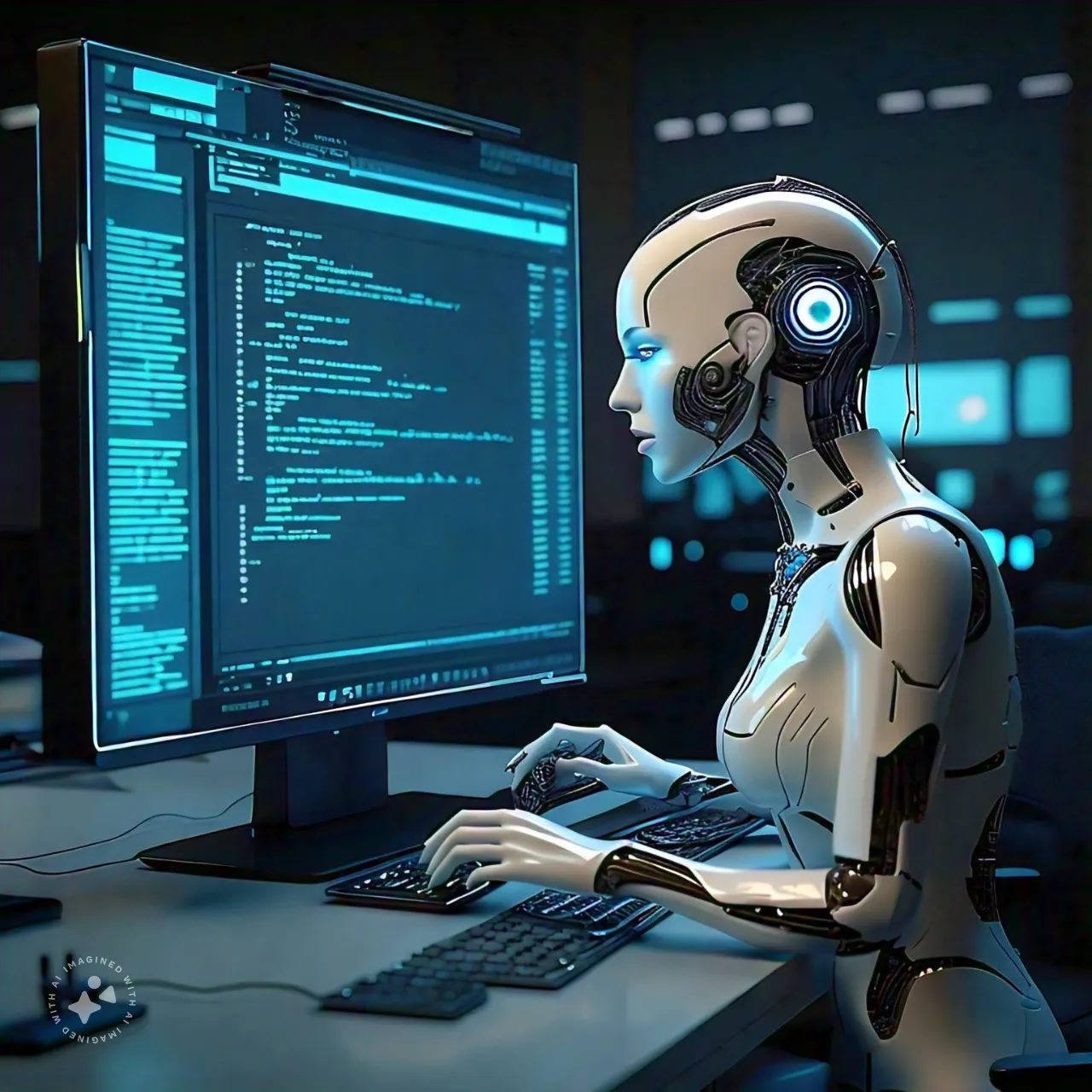Artificial Intelligence (AI) has been making a huge impact in various industries, and entertainment is certainly no exception. AI in entertainment has revolutionized this industry, from content creation to video game development to delivering personalized experiences to users. In this article, we will explore the multifaceted role of AI in entertainment, highlighting its impact on different aspects of the industry.

AI in Content Creation
One of the most revolutionary applications of AI in entertainment is content creation. AI algorithms can analyze large amounts of data to identify trends, preferences and gaps in content, which can then inform the creation of new material. This has several benefits:
1. Automated Writing and Editing
AI tools can generate written content, such as news articles, blog posts, and even scripts for movies and TV shows. These tools can produce content quickly and efficiently, often requiring minimal human intervention. In addition, AI can assist in editing by identifying grammatical errors, improving sentence structure and increasing overall readability.
2. Music and Art Generation
AI in entertainment is also making progress in the creation of music and art. AI algorithms can compose original pieces of music by analyzing existing compositions and understanding patterns in melodies and harmonies. Similarly, AI can generate works of art by studying various styles and techniques used by artists. These AI-generated creations are opening up new avenues for creativity and collaboration.
3. Video Production
In video production, AI can automate tasks such as video editing, scene recognition and even the creation of deepfake technology to simulate actor appearances. This not only speeds up the production process, but also enables innovative storytelling techniques.

AI in Video Games
The video game industry has been an early adopter of AI technology. AI in entertainment has significantly enhanced the gaming experience by introducing more intelligent and responsive gameplay elements. In video games AI is primarily used to give more sophisticated behavior to NPCs, creating more unique experiences. AI technology has served as the main engine that determines NPC behavior in the virtual world.
1. Non-Player Characters (NPCs)
AI has revolutionized the behavior of NPCs in video games. These characters are now capable of complex actions and interactions, making the gaming experience more immersive and realistic. AI-powered NPCs can learn from players’ actions and adapt their behavior, providing a more dynamic, challenging and natural-feeling gameplay experience.
2. Procedural Content Generation
Procedural content generation is another significant application of AI in video games. This technique uses algorithms to automatically create game content, such as levels, maps and quests. This procedural generation allows for infinite variations and unique gameplay experiences, improving replayability and player engagement.
3. Testing and Game Development
AI is also used in game testing and development. AI algorithms can simulate player behavior to identify bugs, optimize game balance and test various scenarios. This speeds up the development process and ensures a higher quality product.

Personalized Experiences with AI
One of the most transformative aspects of AI in entertainment is its ability to deliver personalized experiences to individual users. By analyzing user data, AI can tailor content and recommendations to each user’s individual preferences, thus creating a more engaging and satisfying experience.
1. Content Recommendations
Giant streaming services like Netflix and Spotify use AI algorithms to analyze viewing and listening habits, providing personalized content recommendations. As a result, this ensures that users receive content that matches their tastes, increasing user satisfaction and retention.
2. Interactive Experiences
AI-powered chatbots and virtual assistants can engage users in interactive experiences. For example, AI can be used to create personalized plots in interactive movies and games, where the narrative evolves based on the user’s choices. This level of personalization makes the experience more immersive and unique.
3. Enhanced Customer Support
AI in entertainment also extends to customer support. AI chatbots can provide instant assistance to users, addressing their queries and resolving issues quickly. This improves the overall user experience and frees up human resources for more complex tasks.

The Future of AI in Entertainment
The future of AI in entertainment looks incredibly promising. As AI technology continues to evolve, we can expect even more innovative applications and enhanced experiences. Virtual reality (VR) and augmented reality (AR) are areas where AI is expected to play a major role, creating more immersive and interactive environments.
In addition, AI’s ability to analyze large amounts of data will continue to inform content creation, ensuring that entertainment products meet the changing preferences and expectations of audiences. Ethical considerations, such as ensuring the responsible use of deepfake technology and maintaining user privacy, will also be crucial as AI becomes more integrated into the entertainment industry.
Conclusion
In summary, AI in entertainment is revolutionizing the way content is created, delivered and consumed. From automating content creation and enhancing video game experiences to providing personalized recommendations and interactions, AI is transforming the entertainment landscape. Even currently platforms like META are implementing their own AI-powered chatbots on their platforms, thus making the use of these tools much more accessible to their users. Finally, as the technology continues to advance, we can expect even more exciting developments and innovations that will shape the future of entertainment.

